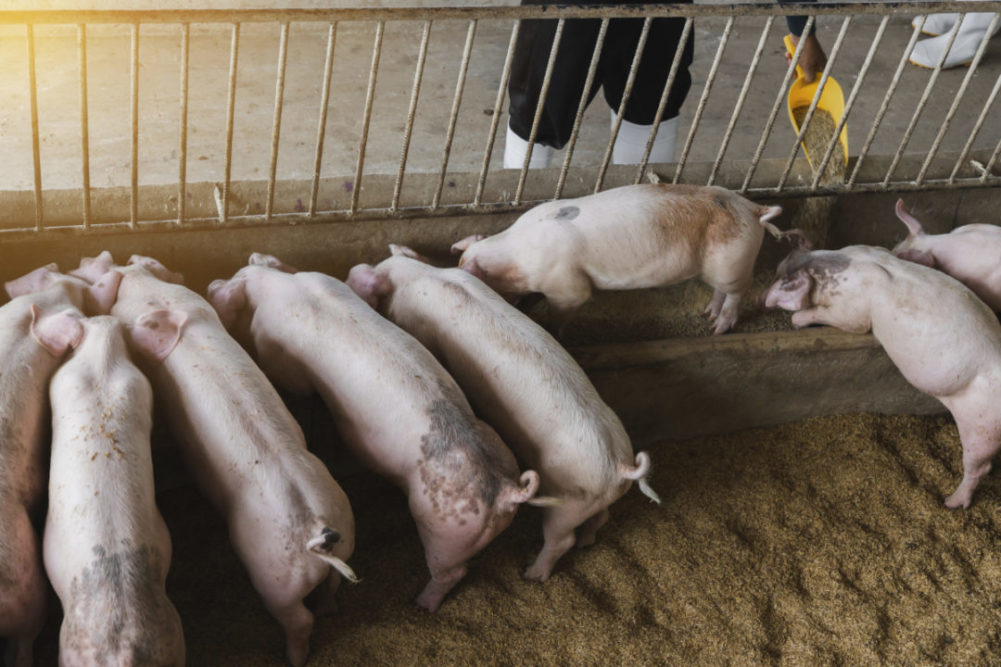PERRY, IOWA — Industry and regulatory officials agree that widespread use of electronic record keeping programs like AgView will be essential to aiding in response to any foreign animal disease outbreak that might occur in the future. That’s one key takeaway of a recent African swine fever tabletop mock exercise sponsored by the Veterinary Services National Training and Exercise Program.
The event, which took place on Sept. 29 in Iowa, engaged both the industry as well as federal and state officials in efforts to simulate an outbreak and coordinate response plans.
Participants included representatives from the US Department of Agriculture’s (USDA) Animal and Plant Health Inspection Service (APHIS) VS District 2, the VS Swine Health Center, the USDA National Preparedness & Incident Coordination, the Iowa Department of Agriculture and Land Stewardship, the Food Safety and Inspection Service, Iowa State University, the North American Meat Institute, the National Pork Board, Tyson Foods and Darling Ingredients.
Dr. Patrick Webb, DVM, director of swine health programs with the National Pork Board, said the participants in the program learned the goal of using programs like AgView is to shorten the response times from state animal health officials in the event of an outbreak by establishing standardized electronic records from across the industry into one location. After all, Dr. Barb Masters, DVM, vice president of regulatory policy, food, and agriculture with Tyson Foods, said their records have traditionally been paper, and this would require more time for state animal health officials to process in the event of an outbreak.
Dr. Rosemary Sifford, DVM, deputy administrator of USDA APHIS, said the overall goals of the mock outbreak exercise were to have training with stakeholders and emergency responders and to identify if current preparedness plans have any gaps. Additionally, improving response capabilities was top-of-mind.
“Everyone involved in the exercise agreed that it was very positive to sit in the room together, be presented with potential scenarios and have these important discussions collectively,” said Dr. Jeff Kaisand, DVM, state veterinarian for Iowa. “Continued education efforts, such as the mock exercise and the recent USDA APHIS ASF Action Week, are critical as we continue to take important measures to protect the US pork industry.”
Participants in the event also toured the Tyson Foods plant in Perry, Iowa. The USDA APHIS will make findings from the exercise available on its website so other states can replicate the drill with processors.
Sifford said much of the USDA’s current response to African swine fever is focused on preventing the disease from entering the US and starting an outbreak. Because there is currently no vaccine for the disease, treatment options are limited once the disease has arrived. With foreign animal diseases that do have a vaccine, a vaccine plan is an integral part of preparedness plans.
“Our expectation at this point is that we are a few years away from having a viable vaccine for ASF,” Sifford said. “That does play into our decision-making.”
While progress is being made in preparing for outbreaks, ongoing training and collaboration between industry and regulatory officials will be essential.
“It’s like running a race,” Masters said of the threats of foreign animal disease outbreaks. “You have to prepare. You can’t just show up and expect to be ready.”


